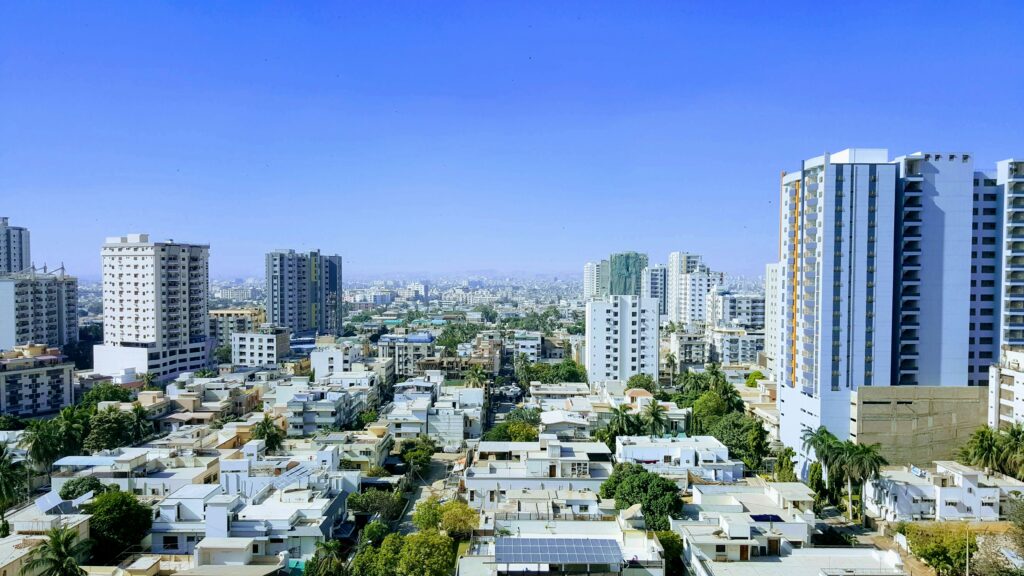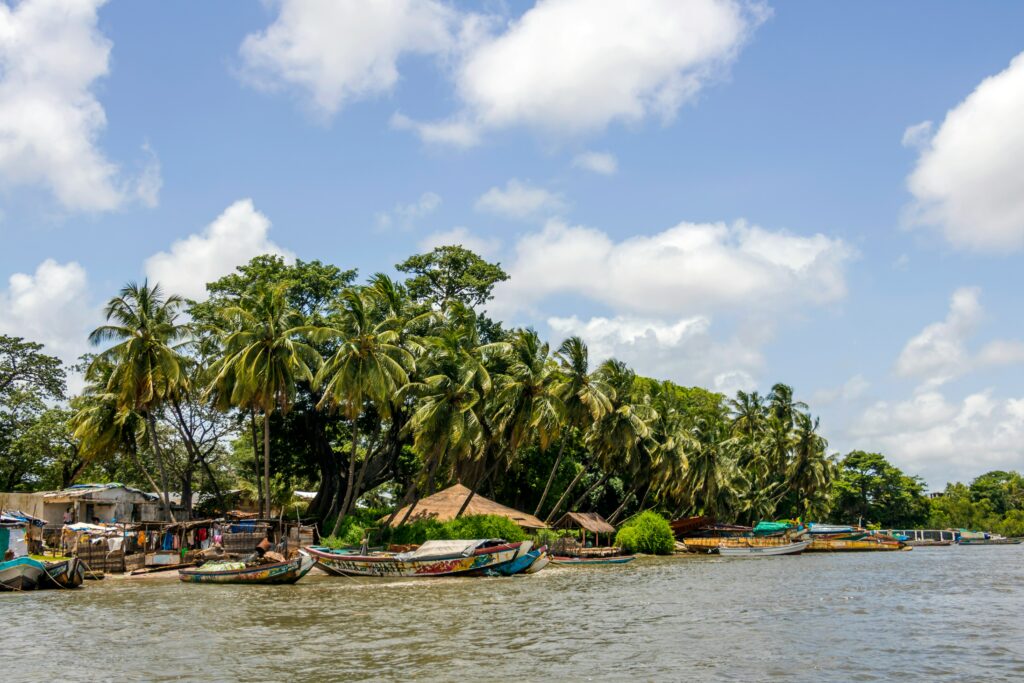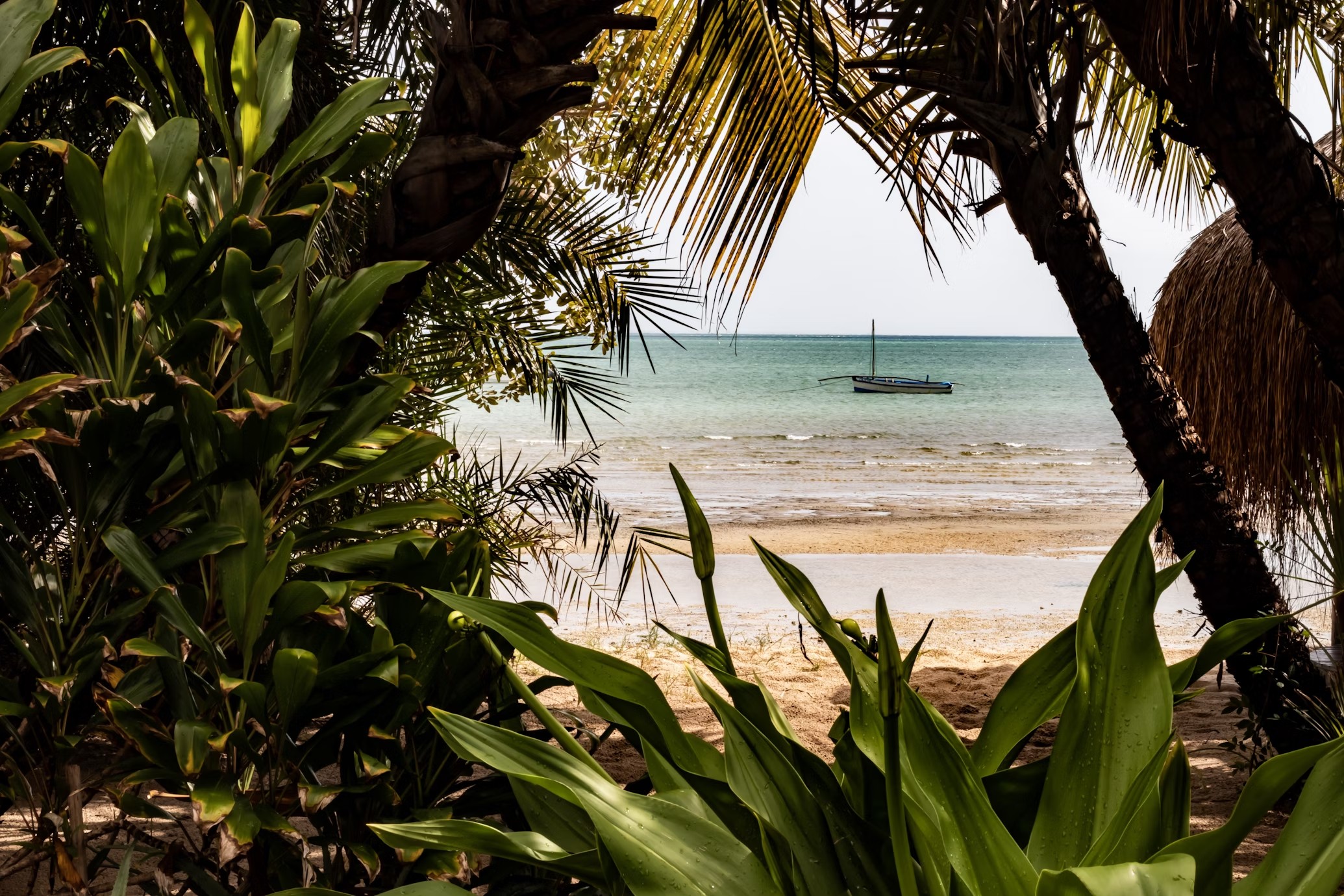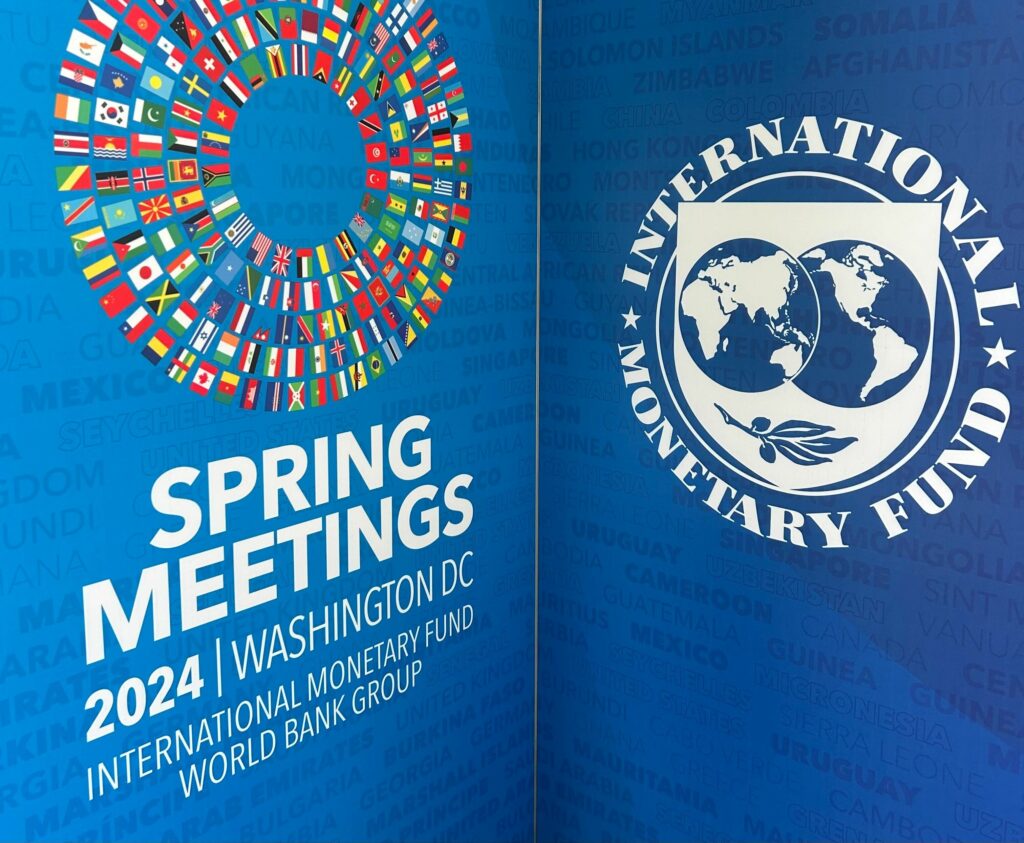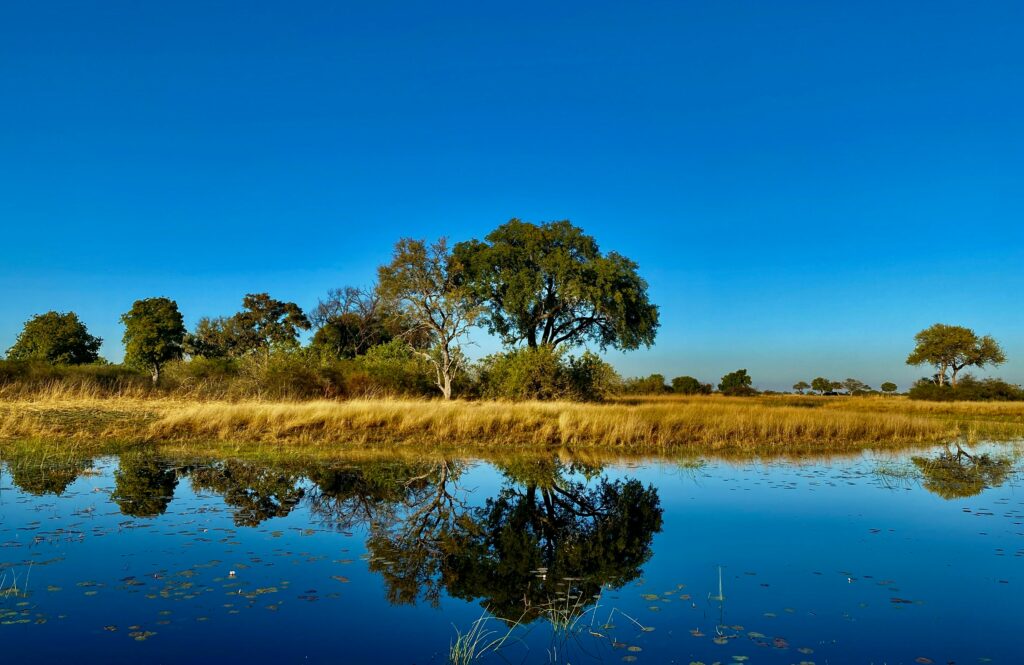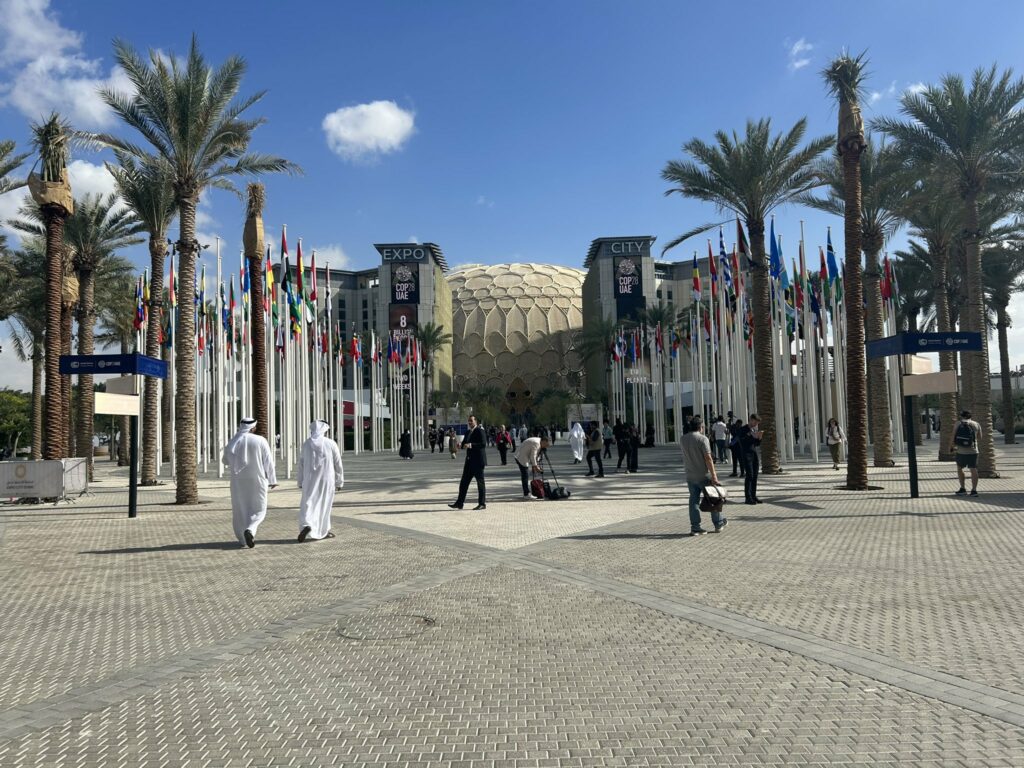In a joint statement organized by the Debt Relief for a Green and Inclusive Recovery (DRGR) Project, former central bankers and finance ministers call for comprehensive debt relief and the mobilization of new financial resources to prevent a default on development and climate goals.
Author: arabellawintermayr
To address climate change and meet the United Nations 2030 Sustainable Development Goals, emerging market and developing economies (EMDEs), excluding China, need to mobilize an estimated $3 trillion annually. However, these nations face fiscal constraints exacerbated by the COVID-19 pandemic, capital flight, and rising borrowing costs. The new Sovereign Debt and Environment Profiles (SDEP) database from Boston University’s Global Development Policy Center (GDP Center) examines these fiscal constraints and green investment opportunities in 114 EMDEs, bridging the research findings of the DRGR project and the GDP Center.
On Tuesday, May 14, 2024, the Debt Relief for a Green and Inclusive Recovery (DRGR) Project hosted a webinar discussion to launch its new report, “Defaulting on Development and Climate – Debt Sustainability and the Race for the 2030 Agenda and Paris Agreement.”
Rising debt threatens development and climate protection in emerging market and developing evonomies. In order to make necessary climate investments affordable for countries with limited financial leeway, comprehensive reforms and targeted debt relief are inevitable.
The case of Zambia’s highlights the complexities and consequences of global debt dynamics, demonstrating that comprehensive debt relief is not only crucial for economic stability – but also for reducing global inequality. Reforming the G20’s Common Framework would be a key place to start.
Despite historic debt levels and escalating challenges faced by emerging and developing economies (EMDE), there was little to no progress regarding debt at the annual International Monetary Fund (IMF)/World Bank Group Spring Meetings. However, the discourse at the meetings highlighted the urgent need for innovative solutions and greater cross-border cooperation. Here is an overview of the most important developments.
How can emerging market and developing economies (EMDEs) mobilize the necessary financing to achieve the 2030 Agenda and the Paris Agreement without compromising their debt sustainability or indeed, solvency? A new report by the DRGR Project performs an enhanced global external debt sustainability analysis (DSA) to estimate the extent to which EMDEs can mobilize the recommended levels of external financing without jeopardizing debt sustainability.
The Debt Relief for a Green and Inclusive Recovery (DRGR) Project is pleased to announce the appointment of Bogolo Kenewendo and Dr. Patrick Njoroge as its newest Co-Chairs.
The lack of meaningful engagement from all creditor classes has undermined the effectiveness of the Group of 20’s Common Framework in providing significant debt relief. Our “Chart of the Week” shows why the role of multilateral development banks in particular deserves special attention.
As president of the G20, Brazil should propose a discussion on broad debt relief for developing countries and the inclusion of all creditors in renegotiations.
As the new year unfolds, global dynamics are set for pivotal shifts, with high-profile elections and important forums shaping the international stage – and influencing how the world addresses mounting sovereign debt, climate change, and social inequality. Here is an outlook on some of the most critical course-setting events in the months to come.
The spotlight at this year’s United Nations Climate Change Conference (COP28) was firmly on the Global Stocktake, tasked with evaluating the advancements made under the 2015 Paris Agreement. Yet, what developments have taken place in Dubai with regard to the debt crisis?
